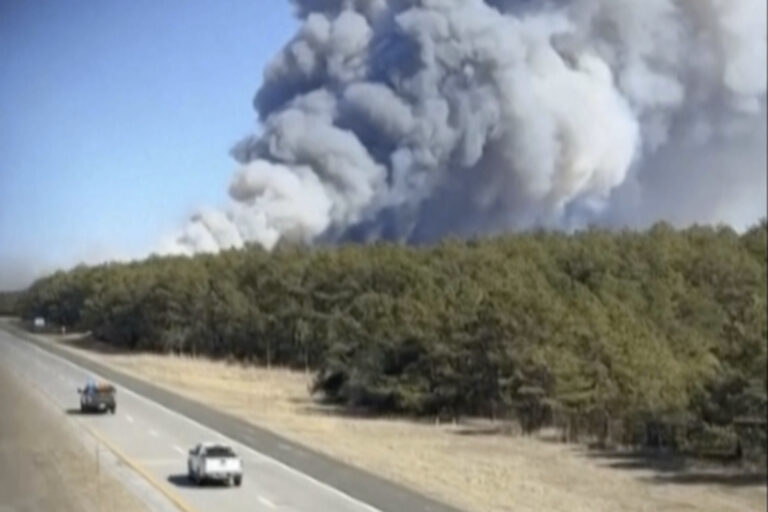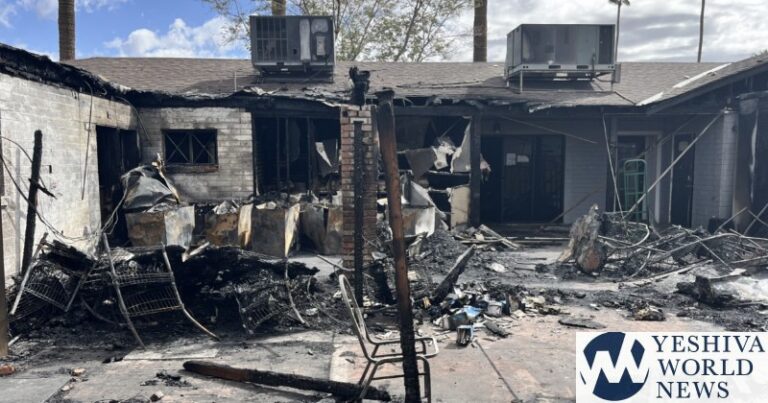 The first known cases of cholera in New York since the outbreak of the disease in Haiti last year were confirmed on Saturday by city officials.
The first known cases of cholera in New York since the outbreak of the disease in Haiti last year were confirmed on Saturday by city officials.
A commercial laboratory notified health officials on Friday that three New Yorkers had developed diarrhea and dehydration, classic symptoms of the disease, after returning from a wedding on Jan. 22 and 23 in the Dominican Republic, where the government has been trying to prevent the disease from spreading from neighboring Haiti.
The three who contracted cholera were adults who returned to the city within days of the wedding.
None were hospitalized. Dr. Sharon Balter, a medical epidemiologist for the city Department of Health and Mental Hygiene, said on Saturday that the victims had all recovered.
Officials declined to release the names of the patients or where they lived.
City health officials are now working with the Centers for Disease Control and Prevention in Atlanta to determine what the New York victims ate and to see if the strain of the disease they contracted is linked to the cholera epidemic that has ravaged Haiti, killing thousands since October and infecting many more.
“We’re providing support to the state, with lab testing, in determining which strain” is at issue, said Candice Burns Hoffmann, a spokeswoman for the C.D.C. “And I know there is an investigation in the Dominican Republic, as well, for that wedding, and the C.D.C. is there to support the state health department and also international organizations.”
Officials at the C.D.C. have noted a few cases of cholera in the past three or four months from travelers who arrived in the United States from Haiti or the Dominican Republic, Ms. Hoffmann added.
While cholera can spread swiftly where sanitation is poor and clean drinking water is unavailable, the possibility of transmitting the disease in New York is considered low.
The likelihood of person-to-person transmission is also low, as one would have to drink large amounts of water contaminated with Vibrio cholerae, the cholera-causing bacteria, to get sick.
“People get cholera by drinking water or eating food that is contaminated with cholera,” said Erin Hughes, a spokeswoman for the city’s health department.
Those with cholera can recover rapidly, particularly if they rehydrate by drinking water with salt or sugar. In some cases, intravenous treatment and antibiotics might be required.
In New York, the occasional cholera case is not unusual. Officials see an average of one a year, particularly among those traveling to regions where the disease is common, Dr. Balter said.
But, until now, no cases have emerged since the outbreak in Haiti, she said.
Federal health officials had put city health authorities on notice before the confirmation of the three cases on Friday. But city health officials had already been watching for cases to emerge and had sent alerts to doctors, Dr. Balter said.
(Source: NY Times)










